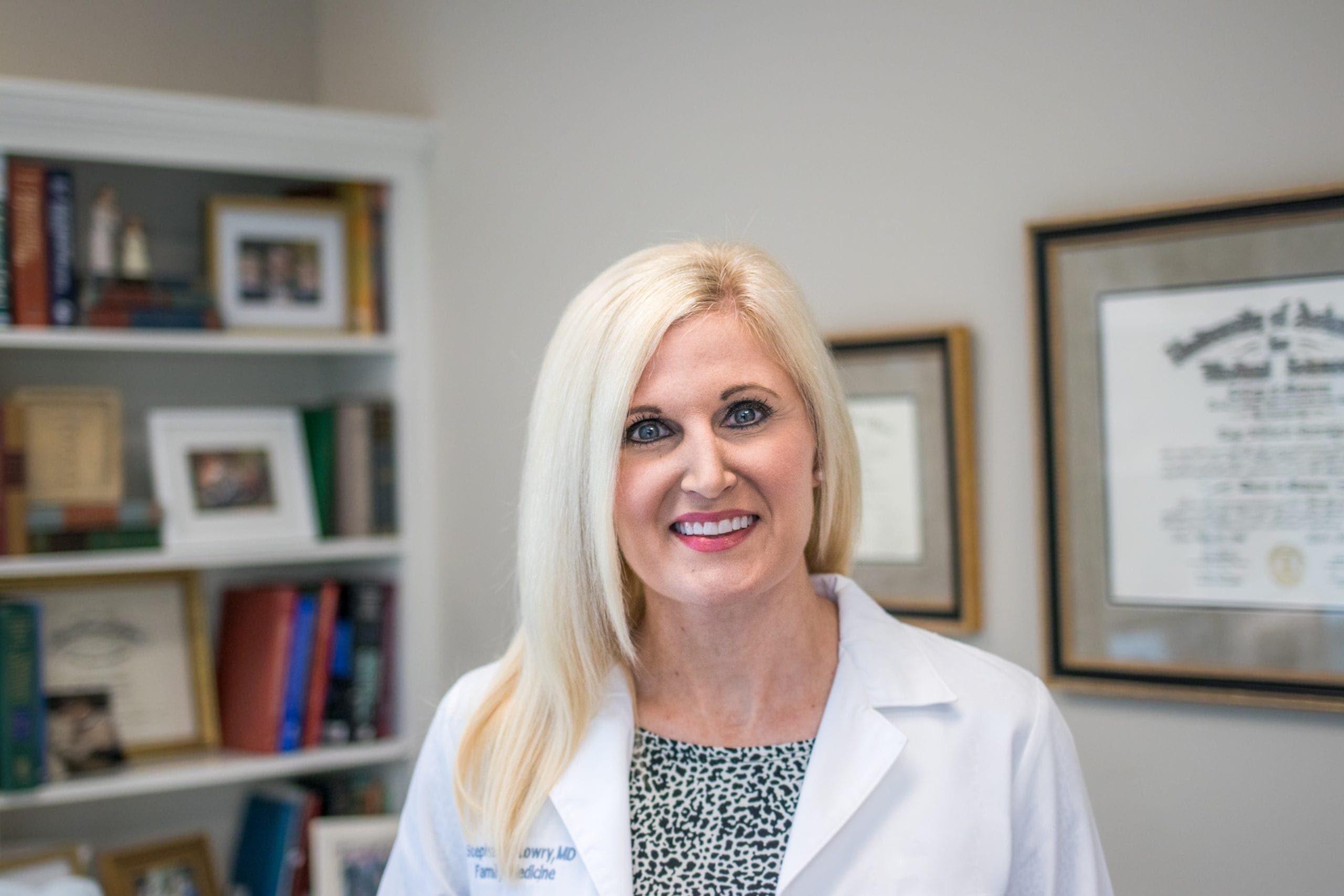Many of us have no idea what our thyroid does or how important it is to our body. Well, January is Thyroid Health Awareness Month and we are going to make taking care of your thyroid health our focus as we start the new year.
Your thyroid is a butterfly-shaped endocrine gland located in the front of your neck. For such a small gland, it has the huge task of helping your entire body use and regulate energy. There are signs you can look for that may indicate there is a problem with your thyroid. Your physician can also check blood tests to see if your thyroid levels are normal. Typically, a TSH (thyroid stimulating hormone) level and free T4 are measured to determine if the levels are within normal range.
Additional labs may be added if indicated.
Thyroid disease is most commonly caused by hypothyroidism (underactive thyroid) in which your thyroid produces too little thyroid hormone or hyperthyroidism (overactive thyroid) in which the thyroid produces too much thyroid hormone. When levels are abnormal, you may feel sluggish or jittery, depending on the type of problem. Although, individuals do not all experience thyroid problems in the same way.
Below is a list of symptoms present with the two most common thyroid diseases.
Common Symptoms of Hypothyroidism (under active thyroid):
-
Fatigue
-
Feeling cold frequently
-
Weight gain
-
Constipation
-
Dry Skin
-
Depression
-
Forgetfulness
Common Symptoms of Hyperthyroidism (overactive thyroid):
-
Racing heart/palpitations
-
Feeling hot frequently
-
Weight loss
-
Feeling jittery
-
Irritability/anxiety
-
Enlarged thyroid gland (goiter)
-
Bulging eyes
In addition to thyroid disease, other factors may affect your thyroid, including certain medications, pregnancy, and autoimmune disorders. Treatment of thyroid abnormalities varies depending on the cause. It may include a daily medication such as levothyroxine to replace thyroid hormone in patients with hypothyroidism. In certain patients with hyperthyroidism, removal of the thyroid gland or other treatments may be necessary.
Other abnormalities of the thyroid include nodules, masses, and goiters. A thyroid ultrasound may be performed to assess the gland structure in more detail. If an abnormality is detected, a referral may be may to Endocrinology, a physician specializing in glands and the hormones they make, for further assessment and treatment.
If you are experiencing any of the symptoms listed above and would like to find out if your thyroid is contributing, you may ask your physician if your thyroid levels should be checked. Awareness of a thyroid abnormality and the appropriate treatment can often make you feel like yourself again.
Spread the word that January is Thyroid Health Awareness Month to anyone you know who may be experiencing symptoms of thyroid disease.

Blog written by: Dr. Stephanie Lowry



